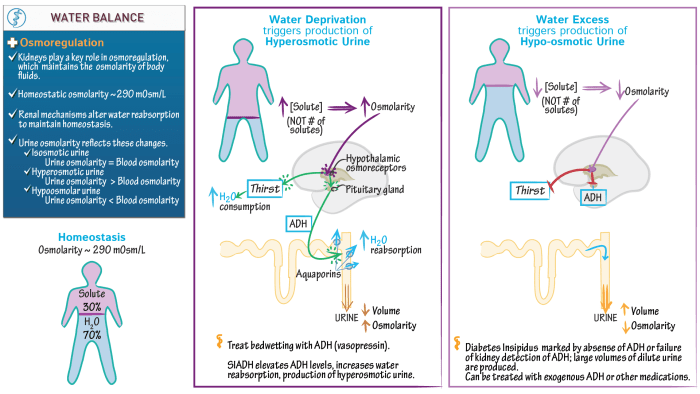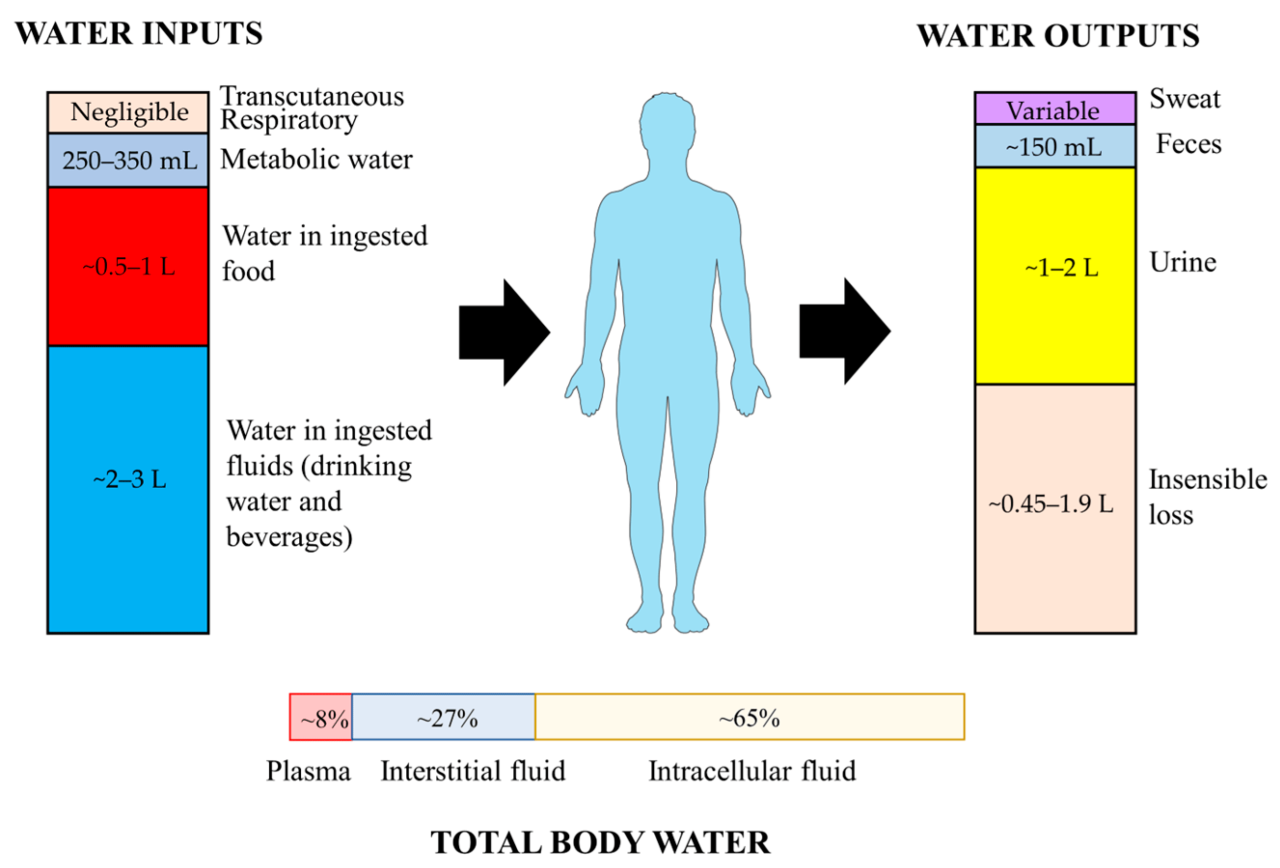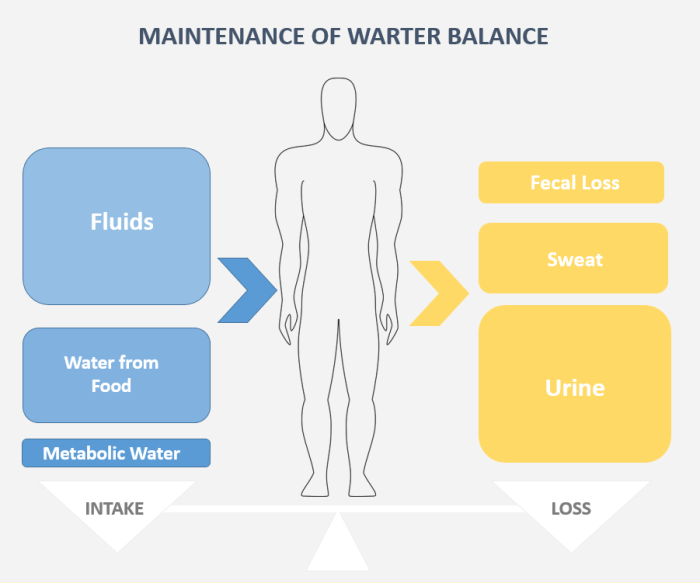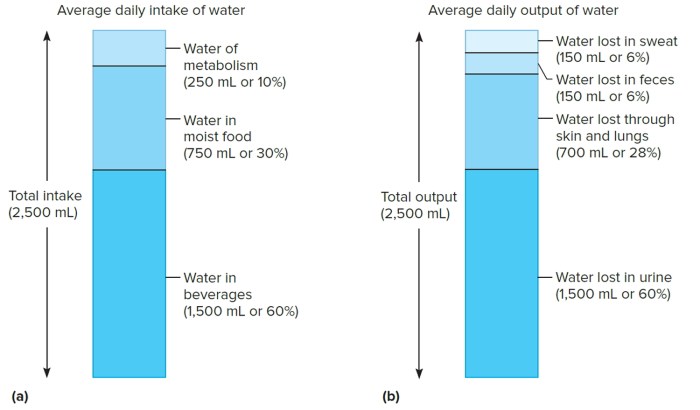All of the following are functions of the hypothalamus except: controlling voluntary movement. The hypothalamus is a small but crucial brain region responsible for regulating a wide range of physiological processes, including body temperature, hunger, thirst, sleep-wake cycles, and circadian rhythms.
Understanding its functions is essential for comprehending the intricate workings of the human body.
Functions of the Hypothalamus

The hypothalamus, a small region located at the base of the brain, plays a crucial role in regulating various physiological processes that are essential for maintaining homeostasis.
Regulation of Body Temperature, All of the following are functions of the hypothalamus except
The hypothalamus acts as a thermostat for the body, controlling body temperature within a narrow range. It monitors core body temperature and adjusts it accordingly by triggering mechanisms such as sweating, shivering, and vasodilation.
Hunger and Thirst Regulation
The hypothalamus is involved in regulating hunger and thirst. It contains specific neurons that respond to changes in nutrient and fluid levels in the body. When nutrient levels drop, these neurons trigger hunger sensations, while decreased fluid levels stimulate thirst.
Sleep-Wake Cycles and Circadian Rhythms
The hypothalamus is responsible for regulating sleep-wake cycles and circadian rhythms. It contains a group of neurons called the suprachiasmatic nucleus (SCN) that acts as the body’s internal clock. The SCN receives light signals from the eyes and synchronizes the body’s circadian rhythms to the external environment.
Excluded Function of the Hypothalamus
While the hypothalamus performs a wide range of functions, it is not involved in the regulation of heart rate.
Heart rate is primarily controlled by the cardiovascular center located in the medulla oblongata, which is a different region of the brainstem.
Comparative Analysis

The hypothalamus shares some functions with other brain regions, but its role in regulating body temperature, hunger and thirst, and sleep-wake cycles is unique.
The hypothalamus interacts with other brain structures, such as the amygdala and hippocampus, to maintain homeostasis. For example, the hypothalamus receives signals from the amygdala, which is involved in emotional processing, and adjusts physiological responses accordingly.
Clinical Implications: All Of The Following Are Functions Of The Hypothalamus Except

Dysfunction of the hypothalamus can lead to various disorders, including:
- Hypothalamic obesity: Damage to the hypothalamus can disrupt hunger and satiety signals, leading to excessive weight gain.
- Diabetes insipidus: Damage to the hypothalamus can impair the release of antidiuretic hormone (ADH), causing excessive urination and dehydration.
- Sleep disorders: Disruptions in hypothalamic functions can lead to insomnia, excessive sleepiness, or abnormal sleep-wake cycles.
Future Directions

Ongoing research on the hypothalamus focuses on:
- Understanding the molecular mechanisms underlying hypothalamic functions.
- Developing therapies to treat hypothalamic disorders.
- Exploring the role of the hypothalamus in neurodegenerative diseases, such as Alzheimer’s disease.
FAQ Explained
What is the hypothalamus responsible for?
The hypothalamus regulates body temperature, hunger, thirst, sleep-wake cycles, and circadian rhythms.
What is the excluded function of the hypothalamus?
The hypothalamus does not control voluntary movement.